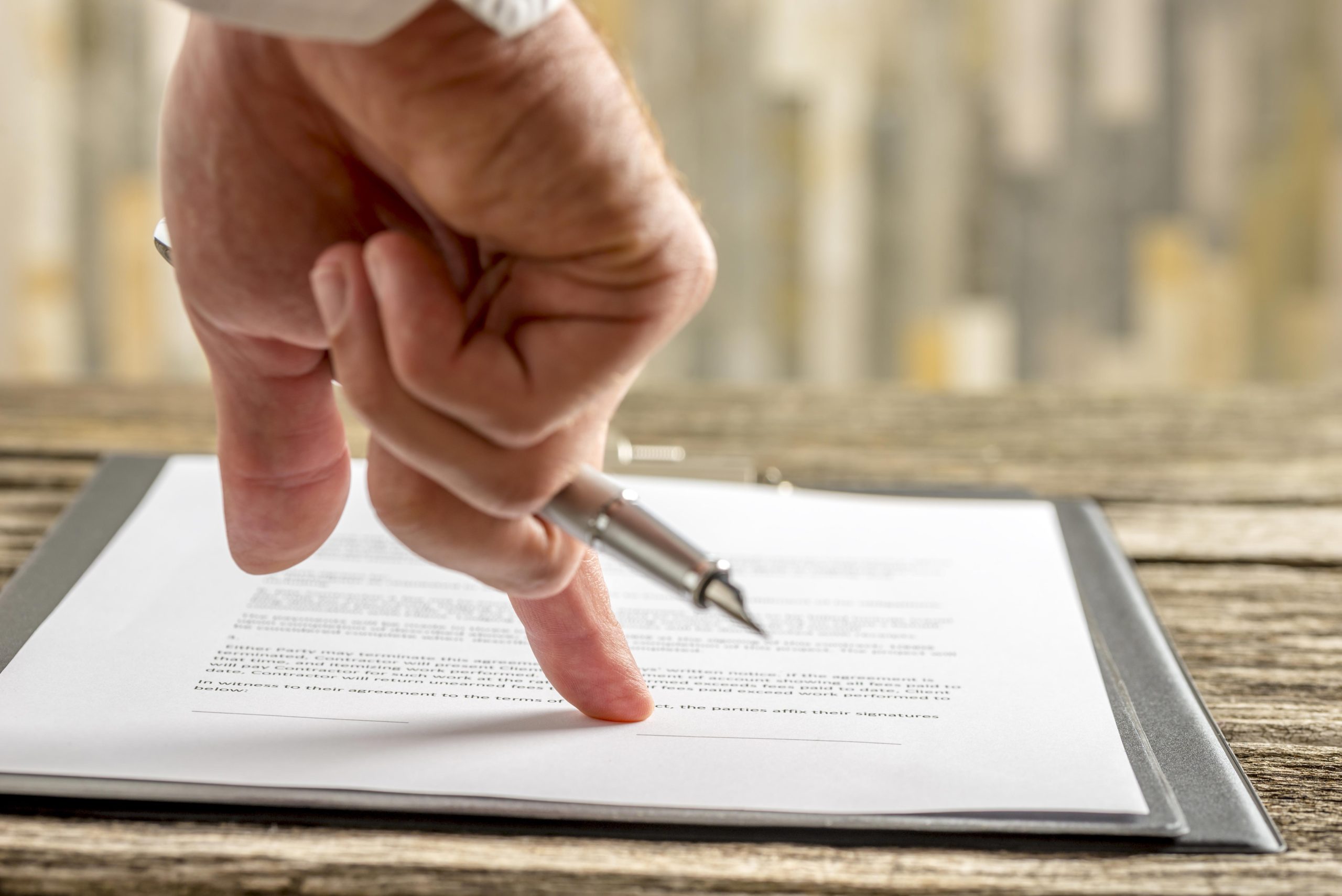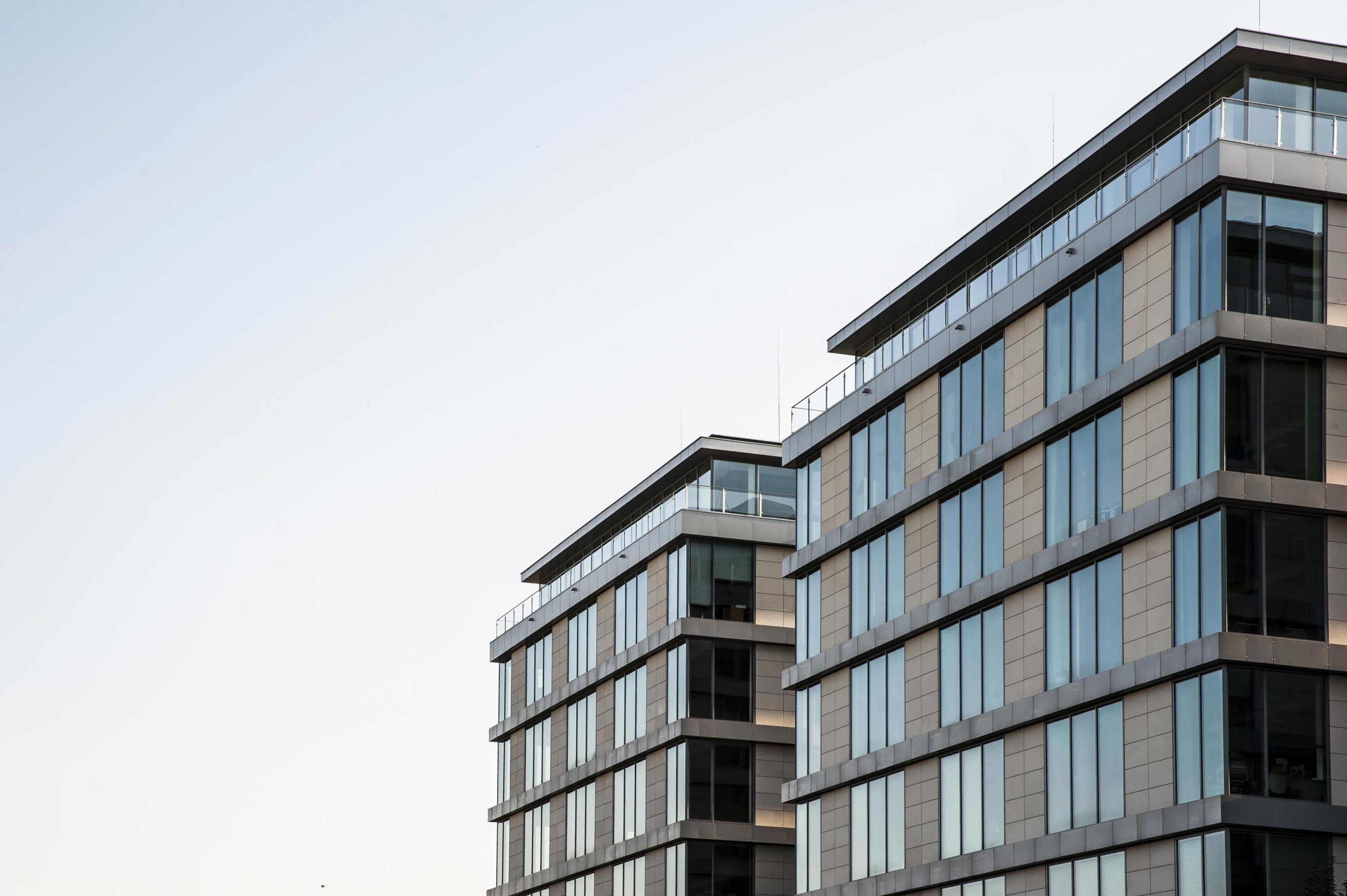This question was considered in Collingwood v Carillion House Eastbourne Limited, a small development with seven leaseholders.
Four of the leaseholders were shareholders in the freehold management company. The other three leaseholders were not shareholders – and they disputed the company’s right to recover its running costs through the service charge.
The three leaseholders sought a determination as to whether the company’s accounting and Companies House costs were reasonable or payable under the terms of the lease.
What did the lease say?
There were two relevant clauses in the lease, both of which we see fairly frequently in older leases that were drafted without consideration for a future management company:
Clause 6, which allowed the freeholder to recover ‘All other proper expenses… in and about the maintenance and proper and convenient management and running of the property’, and clause 7, which added “The fees and disbursements paid to any Managing Agent Accountants and Auditors appointed by the Lessor in respect of the property”.
The important words to note in both clauses are ‘the property’ – namely that the costs can be recovered in the running of the property, rather than the company.
This was the argument put forward by the leaseholders – and the Tribunal agreed.
The lease must make express provision for the company running costs to be recovered through the service charge. If this provision does not exist, then costs such as accountants’ fees and Companies House fees cannot be recovered through the service charge.
This creates a clear cashflow challenge for RMCs that are operating with leases that were drafted many years ago, without the thought that there may be a future leaseholder-owned freehold company. Other methods for recovering the company running costs will need to be considered.



